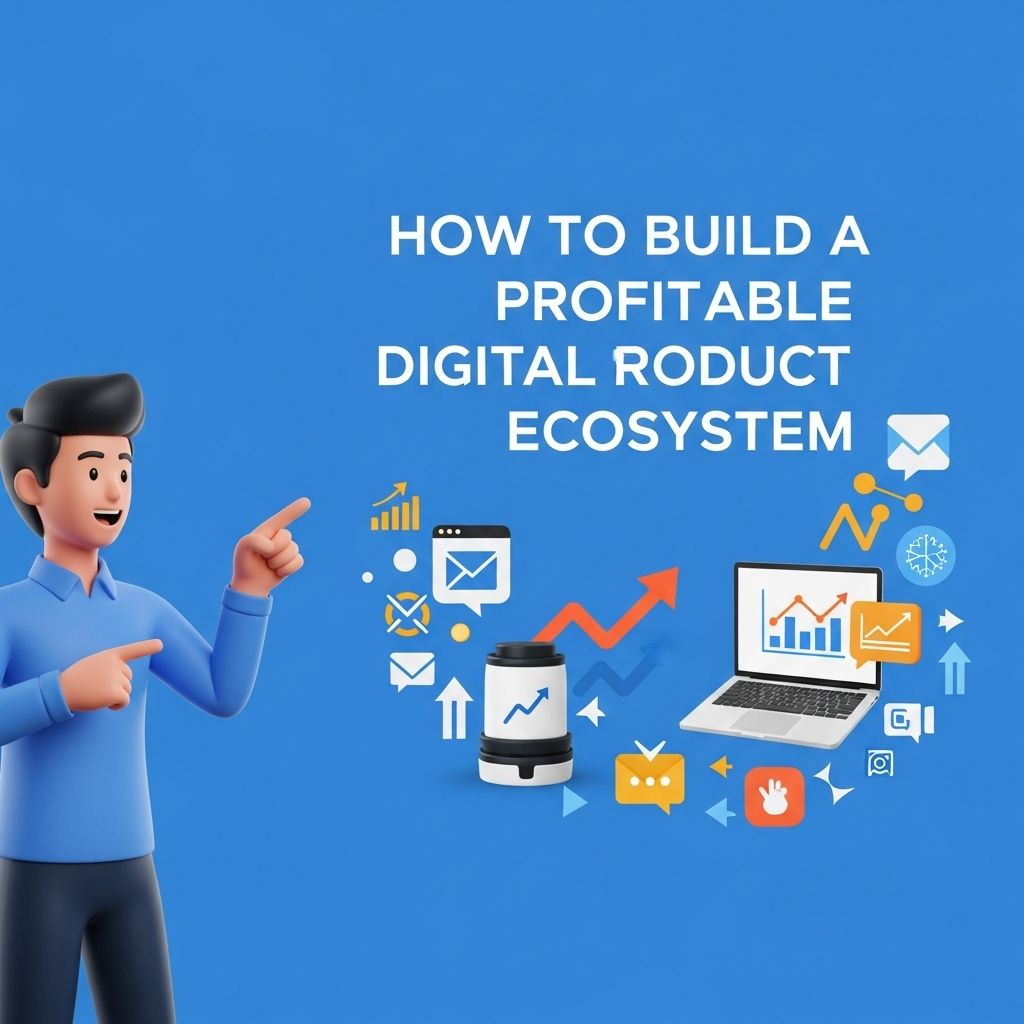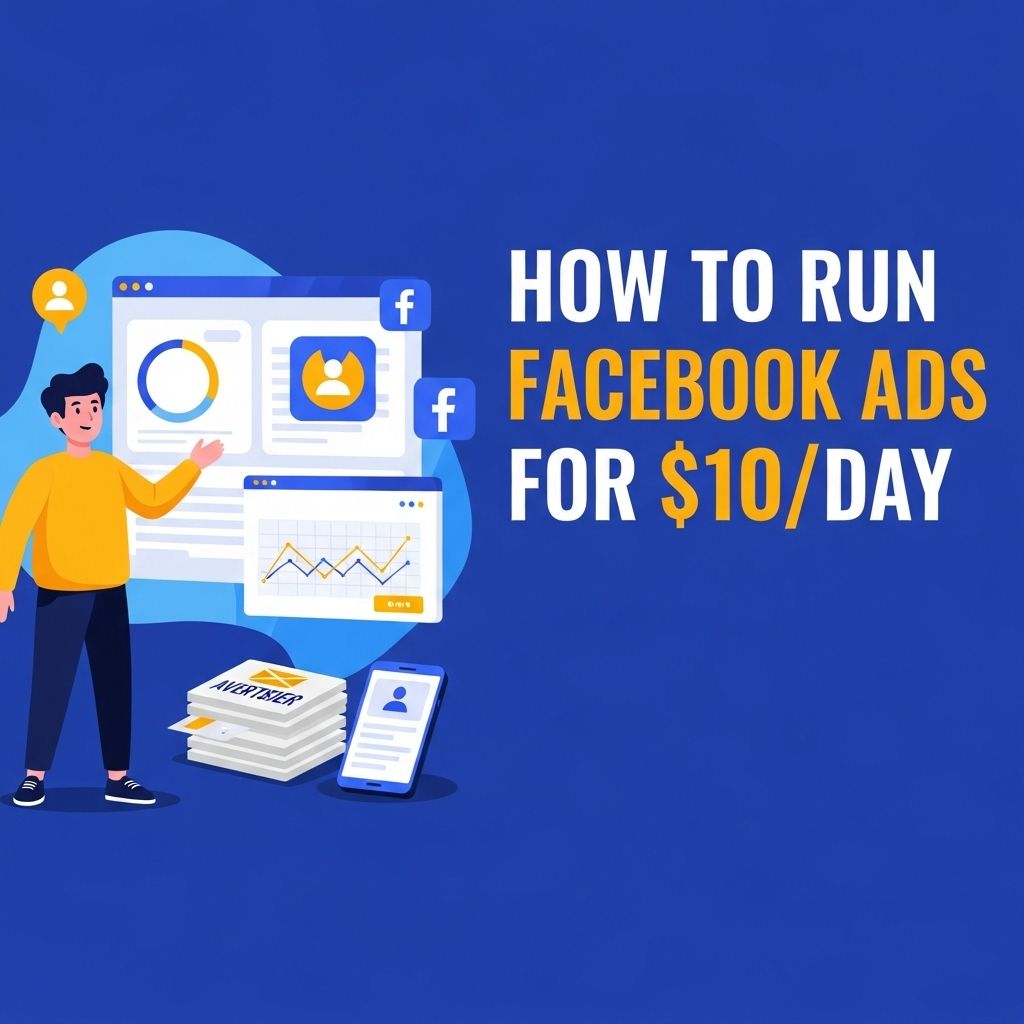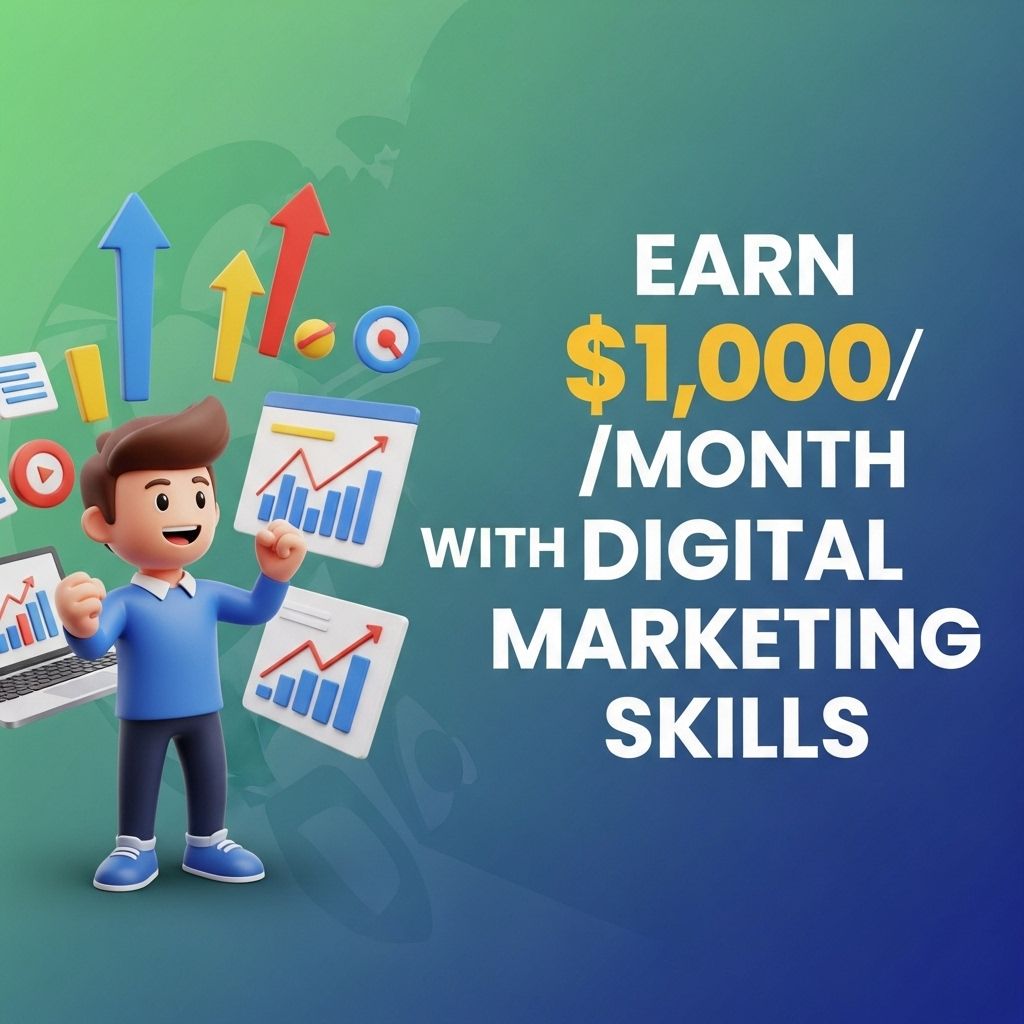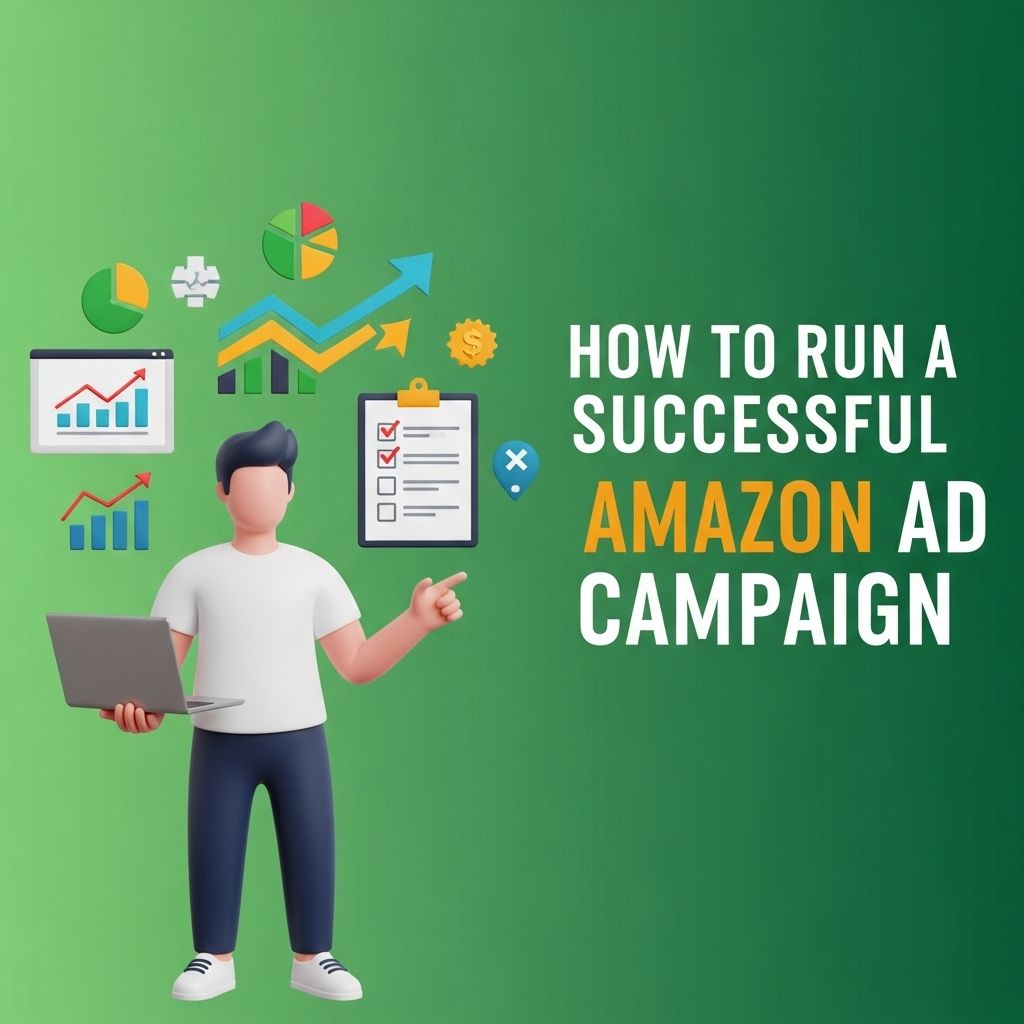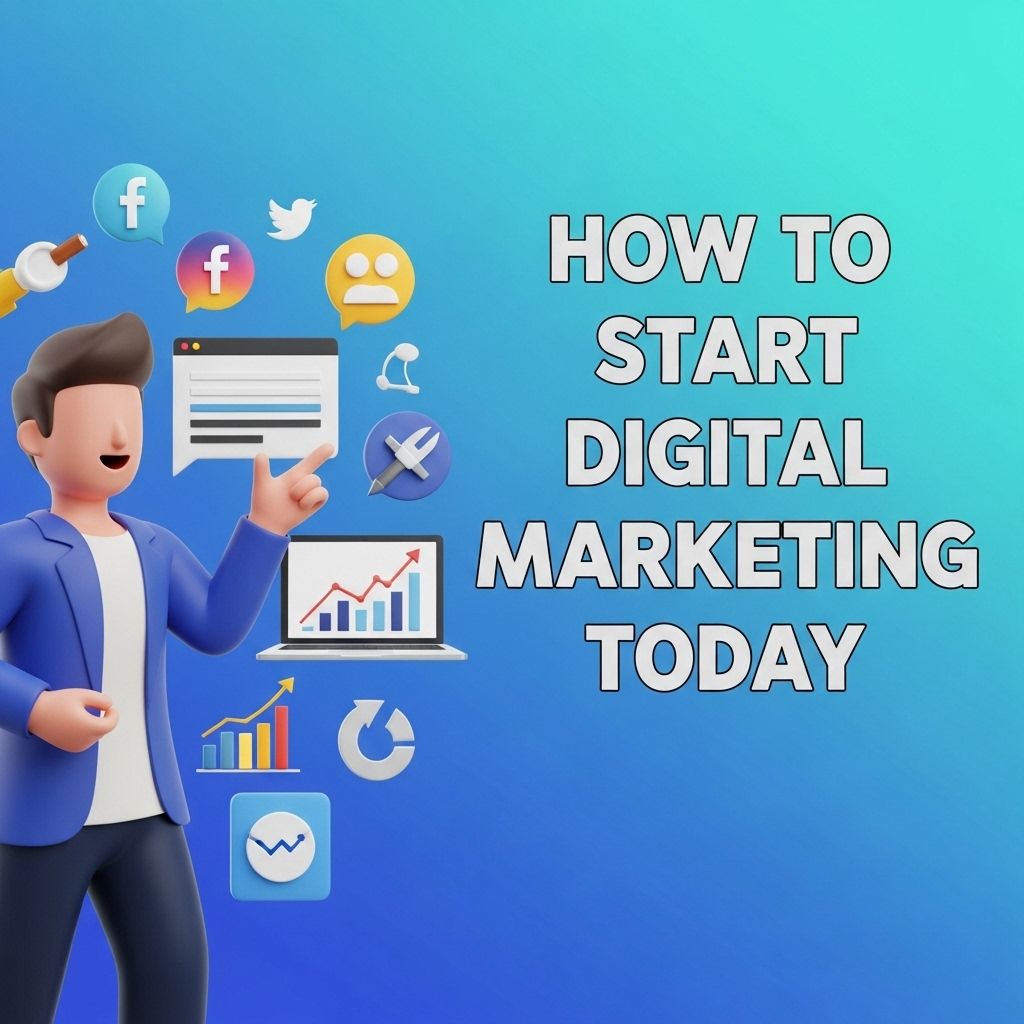Maximize Campaign Insights with AI Tools in 2025
Discover how AI tools can enhance your campaign insights in 2025 for better decision-making and improved outcomes.
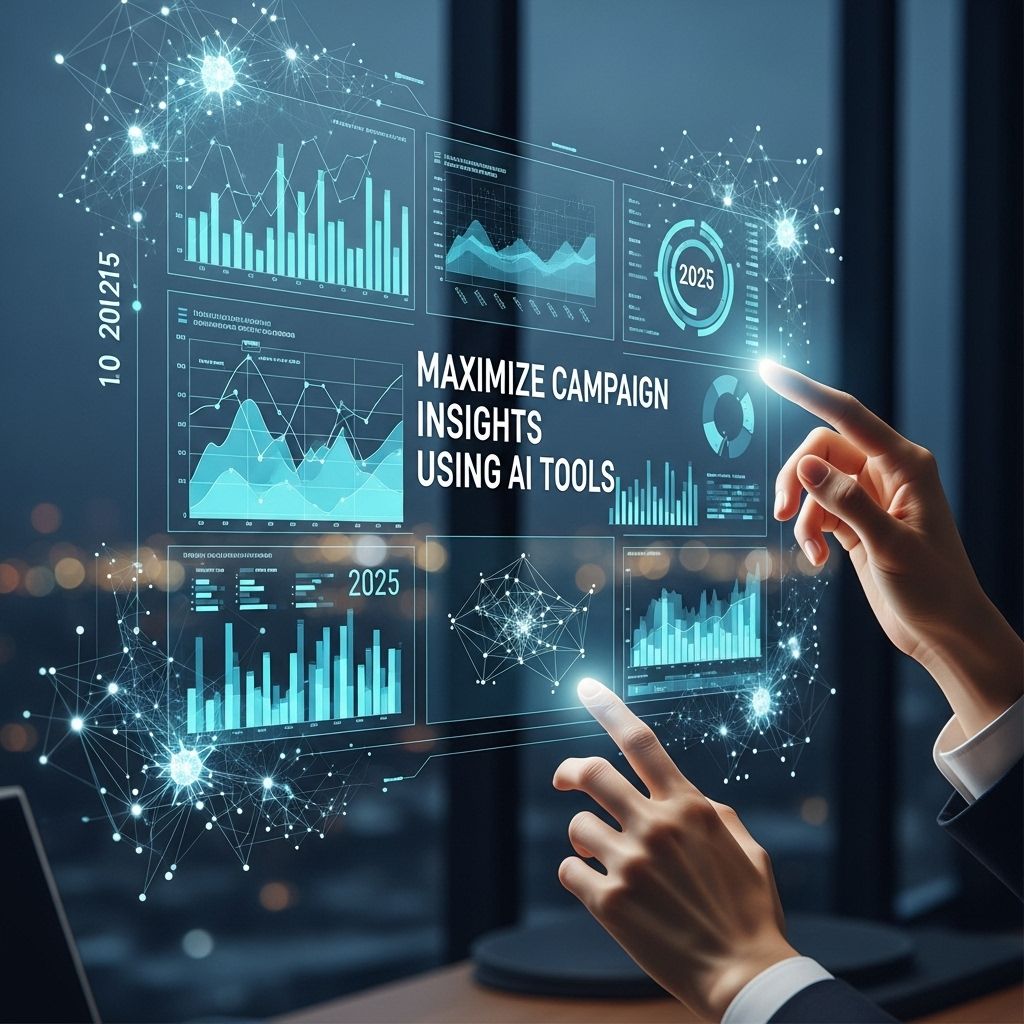
In the fast-paced world of digital marketing, staying ahead of the curve is more important than ever. With advancements in artificial intelligence (AI), marketers now have access to tools that can provide unprecedented insights into campaign performance, customer behavior, and market trends. These AI-powered tools are transforming the landscape of marketing by enabling data-driven decision-making and automating complex processes. This article delves into how businesses can maximize their campaign insights using AI tools in 2025 and beyond.
As we step into 2025, maximizing campaign insights becomes increasingly crucial for brands looking to stay competitive. Leveraging AI tools can provide invaluable analytics and streamline strategies, ensuring every marketing move is data-driven. To enhance your visual identity, consider exploring fresh design options to find the best 3D logo templates that resonate with your campaign goals.
Table of Contents
The Importance of AI in Marketing
AI has become a cornerstone of modern marketing strategies. Here are several reasons why integrating AI into marketing is essential:
- Data Analysis: AI can analyze vast amounts of data quickly, providing insights that would take humans much longer to uncover.
- Customer Segmentation: AI tools can identify and segment customers based on their behavior and preferences, allowing for more personalized marketing.
- Predictive Analytics: AI can forecast future trends and customer behaviors, helping businesses to proactively adjust their strategies.
- Cost Efficiency: Automating repetitive tasks through AI frees up human resources for strategic activities.
Essential AI Tools for Campaign Insights
Several AI tools stand out in the marketing space, providing valuable insights for businesses. Below are some key tools that can maximize campaign insights:
1. Google Analytics 4
Google Analytics 4 (GA4) leverages machine learning to provide more advanced insights into user behavior. It enables businesses to:
- Track user interactions across websites and apps.
- Analyze customer journeys with enhanced reporting features.
- Utilize predictive metrics to forecast outcomes and optimize campaigns.
2. HubSpot
HubSpot’s AI capabilities allow for sophisticated marketing automation and CRM functionalities. Its features include:
- Smart content recommendations based on user interactions.
- Dynamic email marketing that adapts to recipient behavior.
- Lead scoring using AI algorithms to prioritize prospects.
3. IBM Watson Marketing
IBM Watson Marketing harnesses the power of AI to enhance customer engagement through:
- Personalized content delivery based on user preferences.
- Real-time customer insights and sentiment analysis.
- Campaign performance optimization through advanced analytics.
4. Salesforce Einstein
Salesforce Einstein empowers businesses to utilize AI for better sales and marketing alignment. Key features include:
- AI-driven insights into customer behavior.
- Automated data entry and lead tracking.
- Predictive scoring to identify high-value leads.
Leveraging AI for Enhanced Customer Insights
To maximize the benefits of AI tools, businesses must focus on leveraging them for enhanced customer insights. Here’s how:
1. Collecting Data Effectively
Data is the foundation of AI analysis. Businesses should ensure they:
- Implement diverse data collection methods, including surveys, website analytics, and social media engagement.
- Encourage user-generated content to gather authentic insights.
- Utilize cookies and tracking pixels to understand customer journeys.
2. Analyzing Customer Behavior
AI tools can provide deep insights into customer behavior patterns. Marketers should:
- Use clustering techniques to identify different customer segments.
- Monitor engagement metrics and adjust strategies accordingly.
- Analyze purchase behavior to anticipate future needs.
3. Feedback Loops for Continuous Improvement
Creating feedback loops allows marketers to continuously refine their strategies based on AI insights. This involves:
- Regularly reviewing campaign performance metrics.
- Adjusting marketing tactics based on real-time data.
- Conducting A/B testing to identify the most effective approaches.
Real-World Applications of AI Insights
The practical applications of AI insights in campaigns are vast. Here are some real-world examples demonstrating the effectiveness of these tools:
Case Study: Retail Industry
A leading retail company implemented an AI-driven analytics platform that integrated customer data from various sources. The results included:
| Metric | Before AI Implementation | After AI Implementation |
|---|---|---|
| Customer Retention Rate | 60% | 75% |
| Average Order Value | $45 | $60 |
| Campaign ROI | 200% | 350% |
Case Study: B2B Marketing
A B2B company utilized AI tools for lead scoring and email marketing automation. Key outcomes included:
- Increased lead conversion rates by 30%.
- Reduced marketing costs by 20% through targeted campaigns.
- Enhanced customer satisfaction scores.
Challenges in Implementing AI Tools
While AI tools offer numerous benefits, businesses may face challenges during implementation:
1. Data Privacy Concerns
With regulations like GDPR and CCPA, businesses must navigate data privacy issues while still leveraging customer data for insights.
2. Integration with Existing Systems
Integrating AI tools with existing marketing platforms can be complex and may require significant investment.
3. Skill Gaps
Organizations need skilled personnel who can effectively utilize AI tools to analyze data and derive actionable insights.
Future Trends in AI and Marketing
As we look towards the future, several trends in AI and marketing are likely to shape the industry:
- Increased Personalization: AI will enable even more personalized marketing experiences as algorithms become more sophisticated.
- Voice Search Optimization: With the rise of smart speakers, AI tools will evolve to optimize content for voice search.
- Augmented Reality (AR) Integration: AI will enhance AR experiences in marketing, creating immersive customer interactions.
Conclusion
The integration of AI tools into marketing campaigns has the potential to unlock valuable insights that drive business success. By leveraging these tools effectively, businesses can gain deeper understanding of their customers, anticipate market trends, and ultimately achieve better campaign outcomes. Embracing AI is not just a trend; it’s a necessity for staying competitive in the ever-evolving marketing landscape.
FAQ
What are AI tools for maximizing campaign insights?
AI tools for maximizing campaign insights include predictive analytics, machine learning algorithms, and data visualization platforms that help marketers analyze and interpret large datasets.
How can AI improve my marketing campaign performance?
AI can improve marketing campaign performance by providing data-driven insights, optimizing ad targeting, personalizing content, and automating repetitive tasks to enhance efficiency.
What features should I look for in AI tools for marketing?
Look for features such as real-time data analysis, user-friendly dashboards, integration with existing platforms, machine learning capabilities, and customizable reporting options.
Are AI tools expensive to implement for marketing campaigns?
The cost of AI tools can vary widely. While some solutions may require significant investment, many affordable options exist that offer robust features for small to medium-sized businesses.
How can I measure the success of AI-driven marketing campaigns?
Measure the success of AI-driven marketing campaigns through key performance indicators (KPIs) such as conversion rates, return on investment (ROI), customer engagement metrics, and overall campaign reach.
What trends can we expect in AI marketing tools by 2025?
By 2025, trends in AI marketing tools may include enhanced personalization, improved predictive analytics, greater integration of AI with customer relationship management (CRM) systems, and increased use of natural language processing.

